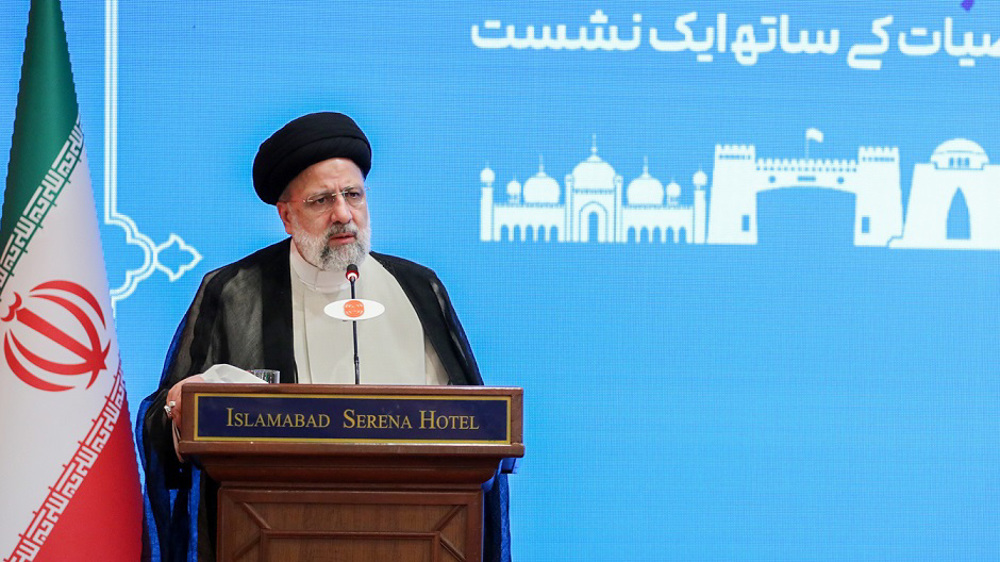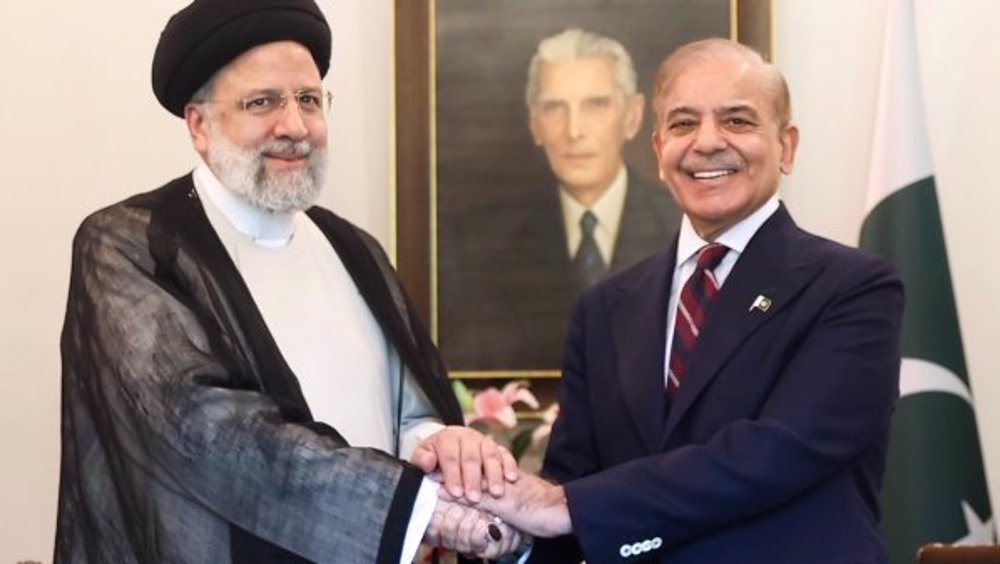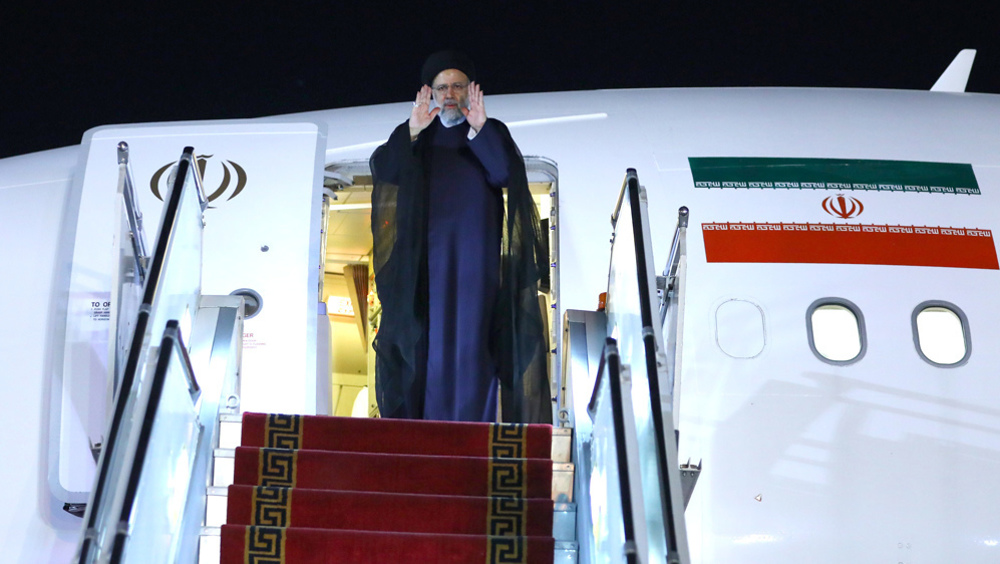Pakistan MPs vote to stay out of Yemen crisis
The Pakistani parliament has passed a resolution that urges Islamabad to remain neutral vis-à-vis the conflict in Yemen, dismissing Saudi Arabia’s request to join its deadly air raids against the Arabian Peninsula state.
“The parliament desires that Pakistan should maintain neutrality in the Yemen conflict so as to be able to play a proactive diplomatic role to end the crisis,” read the resolution which was ratified unanimously on Friday after days of dispute among the lawmakers.
The parliament “underscores the need for continued efforts by the government of Pakistan to find a peaceful resolution of the crisis,” the resolution added.
The resolution urged all warring factions in Yemen to put an end to deadly clashes and resolve the conflict through dialogue, warning that the flare-up in the Arab country would “have a critical fallout in the region, including in Pakistan.”

The Pakistani parliament also called on the international community and Muslim countries to push ahead with their efforts to bring about a ceasefire deal in the violence-wracked country.
Pakistani Prime Minister Nawaz Sharif also attended the parliament session on Friday to express his approval of the resolution.
This is while Riyadh has made repeated calls to Islamabad to take part in the Saudi aggression in Yemen.
The resolution came a day after Iranian Foreign Minister Mohammad Javad Zarif wrapped up a two-day visit to neighboring Pakistan.

“Military attacks, aerial bombings and the destruction of the infrastructure in this country (Yemen) cannot help resolve the crisis,” said Zarif during a meeting with Sardar Ayaz Sadiq, the speaker of the Pakistani parliament,
“We should all invite all sides to the negotiation table to resolve the regional problems,” Zarif said.
In a meeting with Pakistani army chief General General Raheel Sharif on Thursday, Zarif said, “The past experiences show that the consequences of the military intervention in Yemen will become part of the problems.”
Saudi Arabia’s air campaign against Ansarullah fighters started on March 26, without a UN mandate, in a bid to restore power to the country’s fugitive former president, Abd Rabbuh Mansur Hadi, a staunch ally of Riyadh.
According to figures released Thursday by Yemeni media outlets, nearly 450 people have so far been killed since the beginning of the Saudi aggression. Most deaths are reported to be women and children.
Hadi stepped down in January and refused to reconsider the decision despite calls by the Houthi Ansarullah movement.
However, the Ansarullah movement later said Hadi had lost his legitimacy as president of Yemen after he escaped Sana’a to Aden in February.
On March 25, the embattled president fled the southern city of Aden, where he had sought to set up a rival power base, to the Saudi capital, Riyadh, after Ansarullah revolutionaries advanced on Aden.
The Ansarullah fighters took control of the Yemeni capital in September 2014. The revolutionaries said Hadi’s government was incapable of properly running the affairs of the country and containing the growing wave of corruption and terror.
FNR/MKA/HMV
US Senate passes multibillion-dollar aid package for Israel amid Gaza war
VIDEO | Taliban press ahead with war on drugs
VIDEO | UK govt. Rwanda bill denounced as 'state-sponsored people trafficking'
VIDEO | Iran president visits Lahore, Pakistan’s cultural hub
North Korea: US military drills drive regional security into turmoil
UN agency chief for Palestinians urges probe into staff killings
200 days of Israeli war on Gaza and 200 headlines whitewashing genocide
VIDEO | 200 days of US-Israeli genocide










 This makes it easy to access the Press TV website
This makes it easy to access the Press TV website